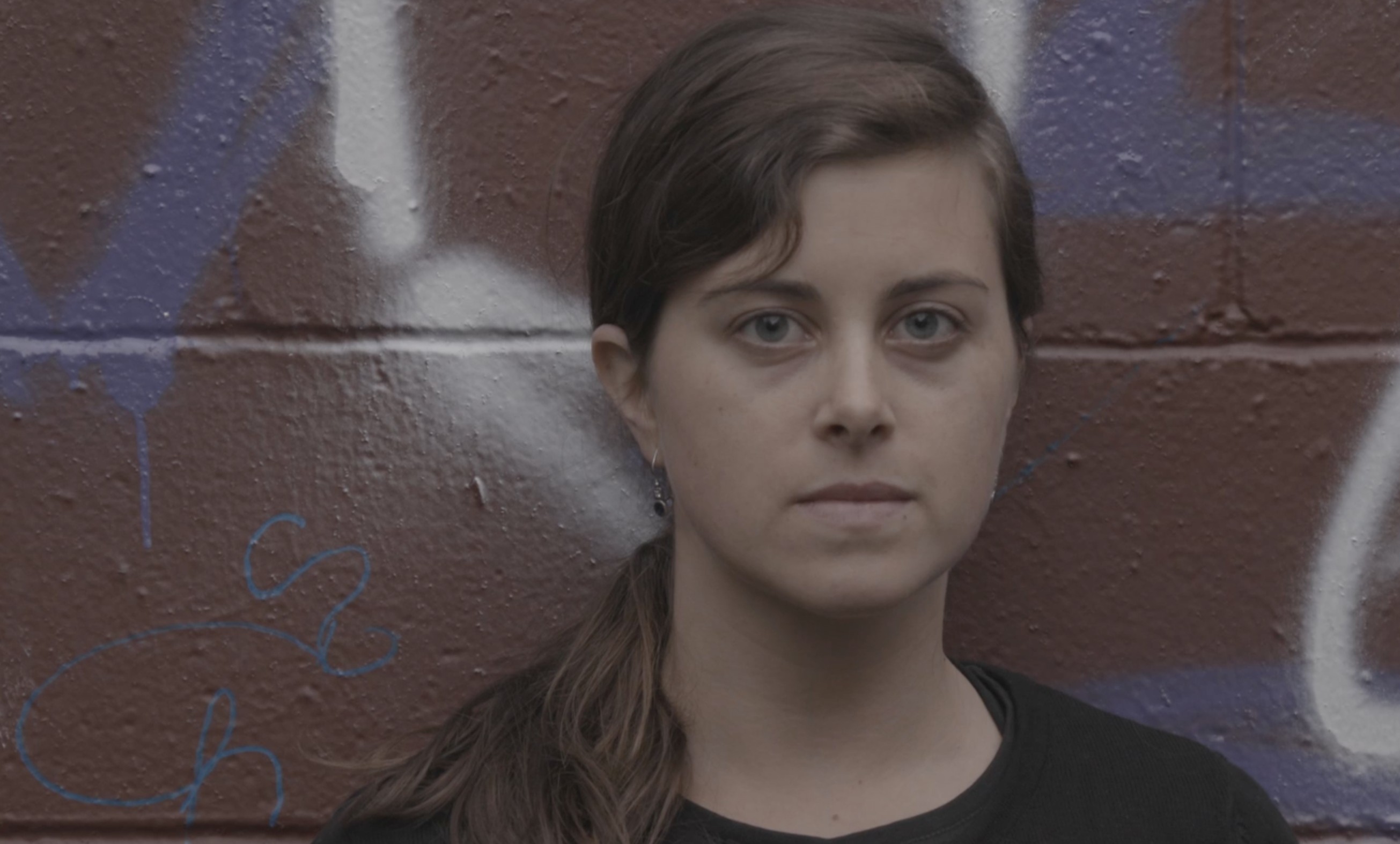Among a certain demographic of young people in Vancouver, working at a Downtown Eastside homeless shelter or single-room occupancy hotel is a rite of passage. The neighbourhood is home to a world-renowned cluster of anti-poverty and harm reduction organizations that serve some of the country's poorest and most vulnerable people.As we already know from more than a year of terrifying headlines, that not-small vulnerable population is dealing with a relentless epidemic of overdose deaths. With that disproportionately high number of overdoses, made worse by the spread of black market fentanyl and other synthetic opioids, has come a wave of burnout among young support workers.
Advertisement
And while some of the neighbourhood's non-profit service providers have moved to bring in counsellor-facilitated meetings since deaths spiked in November 2016, and at least one is planning to roll out new supports in coming weeks, some employees feel those moves are coming after too much damage has already been done.Marny* is a community support worker in a Downtown Eastside shelter run by one of the major non-profits. Every day she is dealing with crises, running bathroom checks every five minutes to make sure nobody has gone down. She's been working in the field on and off for most of her twenties, and says she's reached the point of burnout a couple times over the last year.Earlier this year the City of Vancouver approved $2.2 million in funding to provide counselling and mental health training for firefighters, police and paramedics employed by the city. The money also goes toward a new community policing centre, and a mobile clinic at the city's Downtown Eastside fire hall.Marny said she was glad to see more support going to help first-responders. "Paramedics are amazing, they do amazing jobs. They see really hard stuff to digest every day," she said. "At the same time, the work we do is overlooked, too."She told VICE that many of her peers are living paycheque to paycheque picking up casual shifts at shelters and SROs, seeing the same emergencies before paramedics arrive. "They're the ones who have the pensions, or are making six figures," she said. "We're just the ones keeping them alive, breathing for them, administering naloxone, doing chest compressions until the paramedics get there."
Advertisement
Read More: BC's Fentanyl Crisis Has Triggered a Rise in Organ TransplantsMarny has worked both as a casual and full-time support worker. She says those in more precarious entry-level jobs have a harder time finding the right kinds of support, and sometimes need to pay quite a bit just to access benefits. She says overdose response resources are uneven among different non-profits, which can lead to a sense of unease and anxiety when emergencies do happen.November was a particularly bad month across most housing projects, service providers and homeless shelters. Marny said she was already grieving a lost friend that month when she learned another client she worked with very closely had died days earlier. "To receive that news and work an eight-hour shift was absolutely unreasonable," she said. "I ended up walking out that day."Marny says it's not uncommon to hear of fellow frontline workers bailing halfway through a graveyard shift without warning. "Which is super dangerous because that's when staffing is at its minimum," she said.Many of the Downtown Eastside service providers like Raincity Housing and Portland Hotel Society are unionized and have access to benefits, even for casual workers. PHS's Andy Bond told VICE their organization authorizes more counselling sessions when something traumatic happens on site."If someone unfortunately finds a body, we'll contact the manager of that building, and a discussion happens next, [deciding] whether that employee would like to go home or not," he said. Bond says that frontline workers aren't forced to go home if they don't want to. Managers are expected to check in the next day, and workers are given numbers to call to book time with a counsellor.
Advertisement
When a close client died, Marny told VICE that the supports on offer at the time didn't work for her. She was offered an immediate conversation with BC victims services, but turned it down. "I was in shock and I didn't really have anything to say at the time." She later tried a counselling session, but left feeling that her psychological wound was opened further.Because she's full-time staff, Marny was able to take two paid days off. But even when she returned, she was still having panic attacks. "I wasn't able to be fully present for the clients." To Sarah Blyth, who runs an overdose prevention site in the neighbourhood, it makes sense that not all resources would work for all frontline workers. "Everyone burns out slightly different," Blyth told VICE. "It's one of those things where it's hard to really know when it's happening to you."By the same token, Blyth says everyone needs different supports. That could include counselling and group meetings, or maybe exercise and massage. "All the stress I could imagine building up in my brain all melts away on a Stairmaster," she said. "Then I'm able to function again. But that's me."Blyth and Marny say one key to preventing burnout is regular communication between staff and management. Since November, Portland, Atira, and Rain City Housing have partnered on some bi-weekly discussions facilitated by a counsellor.For Marny, the one group session she attended was "just not helpful." She said it came too late after the November spike, though she hopes future sessions will become more focused.
To Sarah Blyth, who runs an overdose prevention site in the neighbourhood, it makes sense that not all resources would work for all frontline workers. "Everyone burns out slightly different," Blyth told VICE. "It's one of those things where it's hard to really know when it's happening to you."By the same token, Blyth says everyone needs different supports. That could include counselling and group meetings, or maybe exercise and massage. "All the stress I could imagine building up in my brain all melts away on a Stairmaster," she said. "Then I'm able to function again. But that's me."Blyth and Marny say one key to preventing burnout is regular communication between staff and management. Since November, Portland, Atira, and Rain City Housing have partnered on some bi-weekly discussions facilitated by a counsellor.For Marny, the one group session she attended was "just not helpful." She said it came too late after the November spike, though she hopes future sessions will become more focused.

Advertisement
Read More: We Asked Experts How to Solve Canada's Opioid CrisisDealing with trauma and burnout and trying to navigate supports all at once, Marny says that some days a feeling of hopelessness sets in. "All you're doing at the end of the month is a body count," she said.Marny told VICE that with deep hopelessness comes a risk of young workers turning to substance use to escape the trauma. "A lot of us get into the field because we have lived experience, right? A lot of us are recovering from addiction," she said, "some of us are a few years clean now."With any history of drinking and drug addiction comes a risk of relapse. "There are some circumstances where I've thought, fuck it. It would be really cool if I could just go and smash a bunch down right now and not really worry about my job or what's happening to me on a daily basis that sucks."Not included in the overdose numbers, which reached 914 across BC last year, are the close friends and family who commit suicide. "Having had that kind of life experience, you have friends and people who aren't folks you work with who are also passing away."Gym membership is one of the newest editions to some non-profit's burnout-fighting programs. Bond told VICE that preliminary emails have already gone out, and that they'll be rolling out those programs soon. He said funders at BC Housing and the City of Vancouver have been receptive to their proposals for more support.
Advertisement
Some individuals and organizations are more overwhelmed than others. Blyth says that all organizations working in harm reduction have to be flexible and give young people more options.To aid that, Bond said Portland will soon be making a proposal to hire more relief workers. "We want more staff, and when we raised that last week with funders, they were receptive," he said.*Name has been changed.Lead photo by Jackie Dives.Follow Sarah Berman on Twitter.
